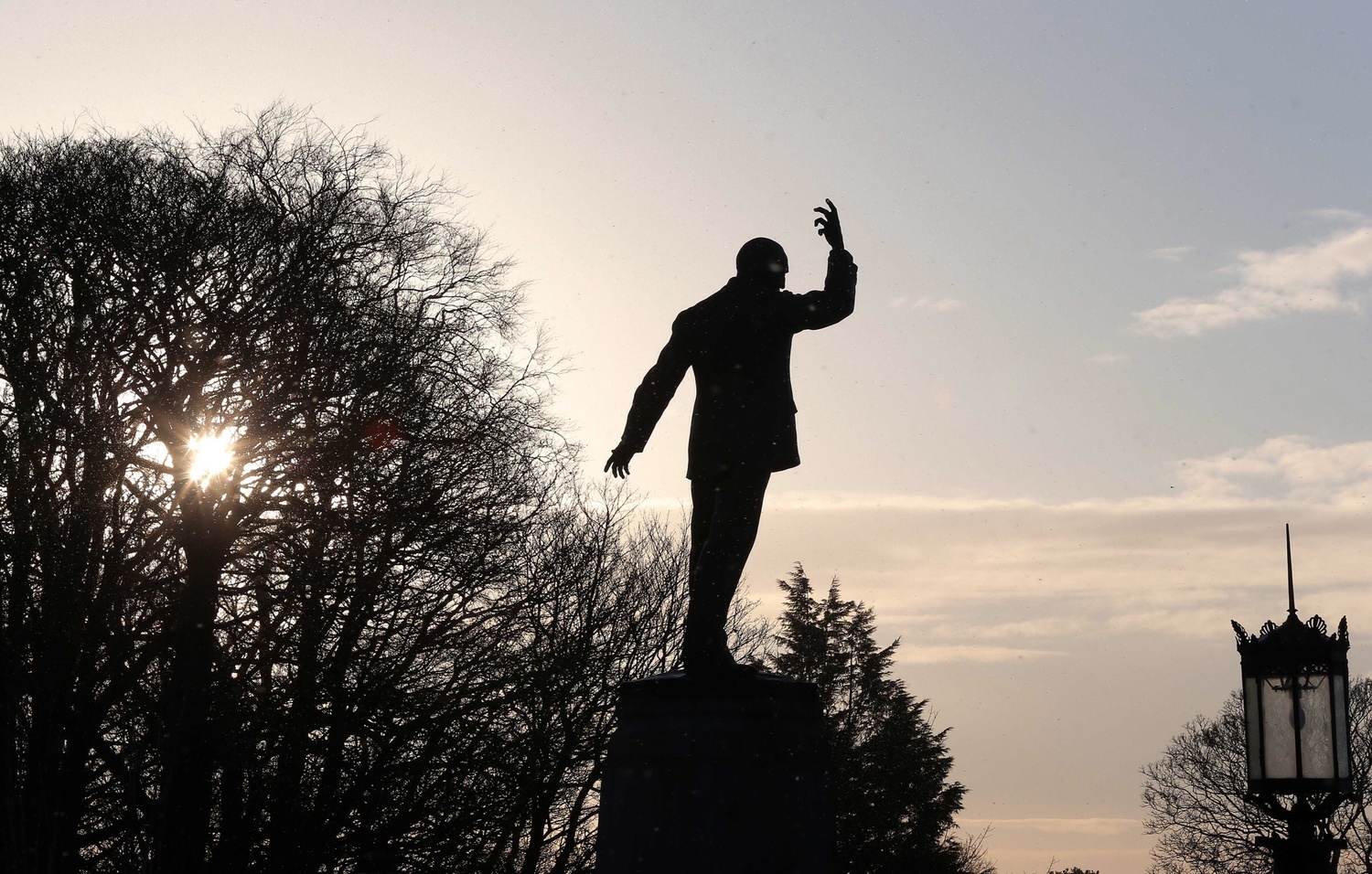By Steven McCaffery
GIVEN the decades of political intrigue that has surrounded the peace process, there is often a temptation to search for choreography and game-playing, instead of taking events at face value.
And, on the face of it, the swift exit of Prime Minister David Cameron and Taoiseach Enda Kenny from the Stormont talks, looks as if we are on the brink of a political crisis.
Optimists are noting that Mr Kenny might have hinted at the possibility of the two premiers returning at some stage, but Mr Cameron seemed less keen on that idea.
Their arrival at the talks on Thursday afternoon fuelled speculation that a deal must be on the way – why else would they come?
But on the edges of the picture huge questions remained.
In the last week The Detail has reported here and here on the bitter political rivalries around the talks table, which involve not just the Stormont parties, but also the parties of government in London and Dublin.
Everyone of them has a dog in this fight.
It was also unclear how the main participants in the talks were ever going to settle their conflicting views of what a deal should look like.
Sinn Féin is publicly committed to a very broad agreement that reaches beyond the core necessity for a financial settlement to save the Assembly’s fraught budget.
The DUP, however, has underlined for months now that its priority is a fiscal agreement and an end to republicans’ refusal to implement welfare reform. When the talks agenda strays into issues such as dealing with the legacy of the Troubles, or flags and parades, then the DUP has tended to look over its shoulder at its hardline unionist rivals.
But the DUP and Sinn Féin do share some common interests.
A collapse of the Assembly risks damaging their reputations as parties of government.
With the General Election looming in May, neither of them wants to get a roasting at the doorsteps from voters facing a future of political and economic uncertainty.
So when deputy First Minister Martin McGuinness and First Minister Peter Robinson emerged separately from the talks venue, it was noted that they both spoke of the need to push ahead with the negotiations.
They each also characterised Mr Cameron’s offer of £1billion “spending power” – rather than significant new money – as falling far short of what was required.
Mr Robinson believed the Prime Minister had yet to show his ‘final hand’.
So, if the Stormont parties can agree a wider a deal in the next few days, could Mr Cameron be persuaded to think again?
We’ll know soon if this is the first sign of recovery for the talks, and the beginning of a real negotiation, or just a brave face.
All the evidence of recent years has been that the current British and Irish governments are disengaged from the peace process. They just haven’t been interested.
Rescuing the process now requires Sinn Féin accepting some compromise around welfare reform, it requires the DUP grasping a wider political deal without looking over its shoulder, and it requires the British and Irish governments deciding to make the peace process a real priority.
Can all of them, within the next week, find a way of overturning the political positions they have held for the last four years?
 By
By
